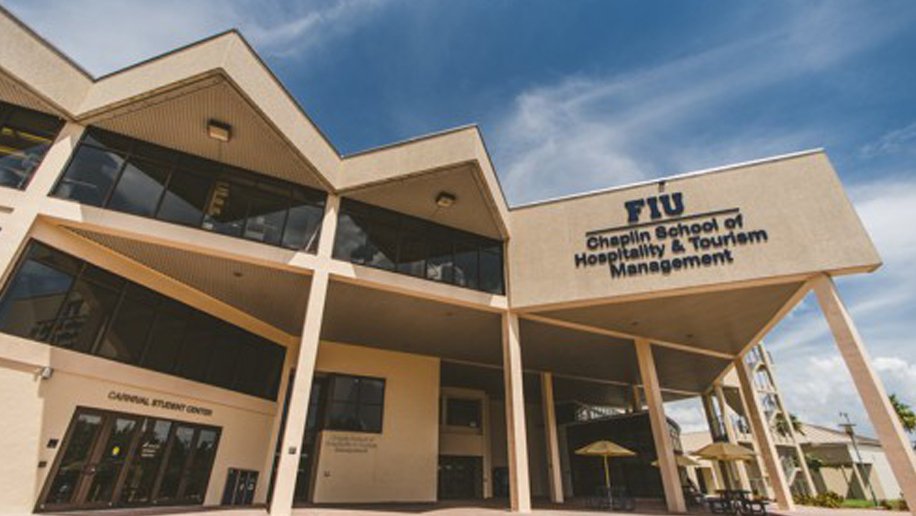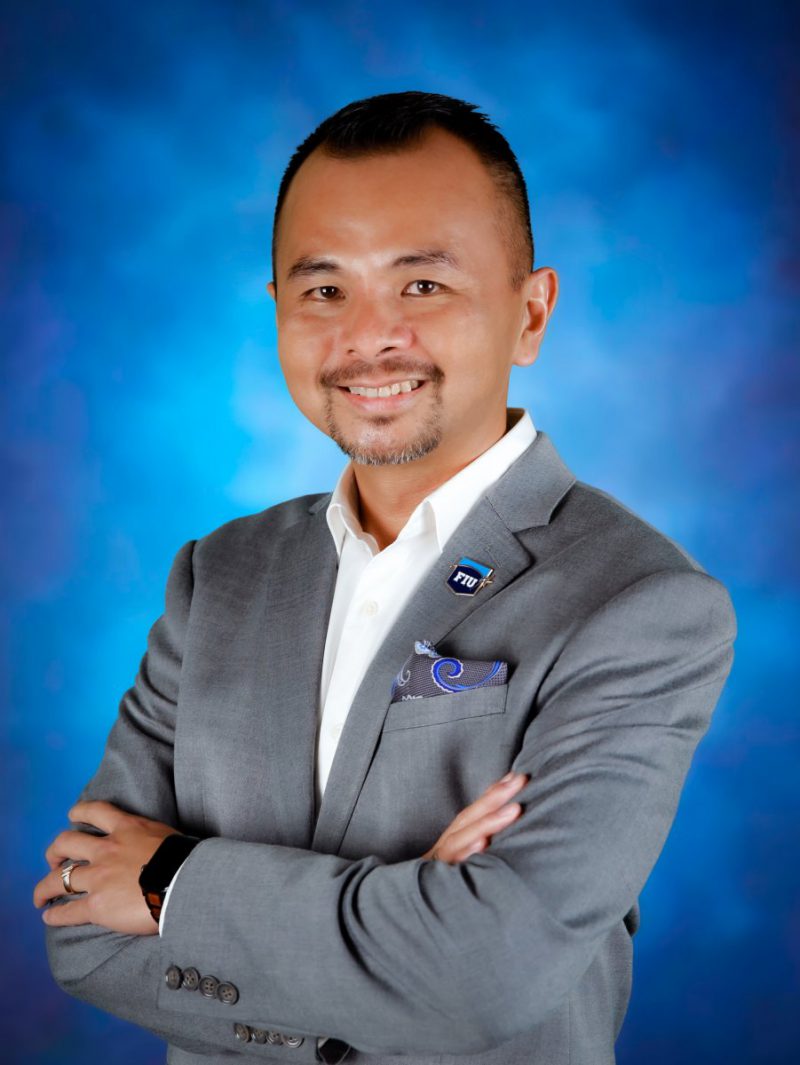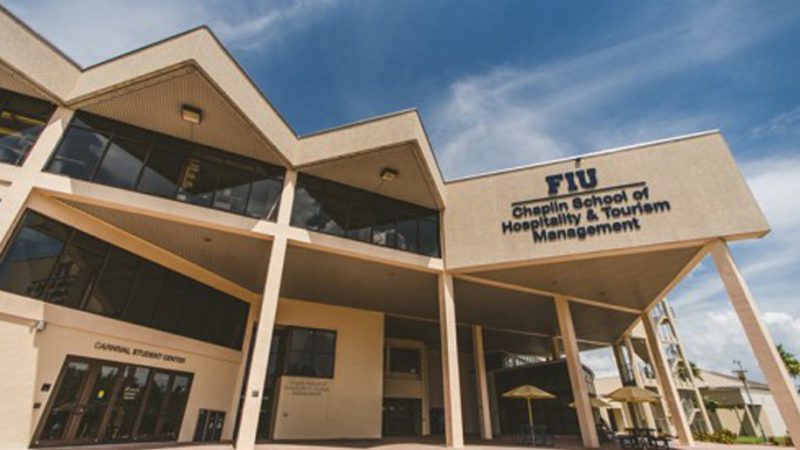Teaching Travel in a Pandemic
Students at Miami’s Chaplin School of Hospitality & Tourism Management have been taking a real-life course in travel during the coronavirus pandemic
May 5, 2020

Students at Florida International University’s Chaplin School of Hospitality & Tourism Management did not expect to be taking the course, “Pandemics 101.” In an industry whose “new normal” changes daily, that’s just what hospitality industry students at Miami’s FIU Chaplin School find themselves creating as they prepare for a career in an industry that may have changed forever.

The school’s website has dedicated resource pages for the hospitality industry, designed to help frontline workers, owners and others find money, aid and other help in surviving the Covid-19 crisis.
It is the school’s student body however, that must ready themselves for the “new normal” in hospitality through a process that Cheng says must take the form of “questions that will prompt us to find new answers.”
Cheng says there are no road maps for teaching “Pandemic 101” but that “our students are living it today. We believe that their creativity will help innovate the industry’s answers going forward.”
Although the school has not seen students dropping out of courses, Cheng has seen a new interest in careers in real estate development, revenue management, food and beverage direction and other areas of hospitality considered “safer” from the frontlines of pandemic response.
Other students, such as the 80 that signed up for a Transcontinental Cruise course that would have taken place on a real Holland America vessel have had to pivot to virtual ports of call, Zoom meetings and other digital substitutions. Cheng says a priority is offering a dialogue about solutions that ultimately make the consumer feel safe, both right now and in the future careers of his students.
“You can only open and run sectors of the industry where the traveler feels a certain level of safety,” he says. “Whether that means doing a spa treatment with gloves and both client and staff wearing masks or providing other options, or even waiting to open these sectors until a vaccine is found.”
The one message that the school is eager to impart, says Cheng, is “positivity.”
“We want them to get excited about travel reopening, soon,” he says. “We are doing everything we can to share our hope and the dynamic excitement of the travel industry. We are not giving up on it.”




